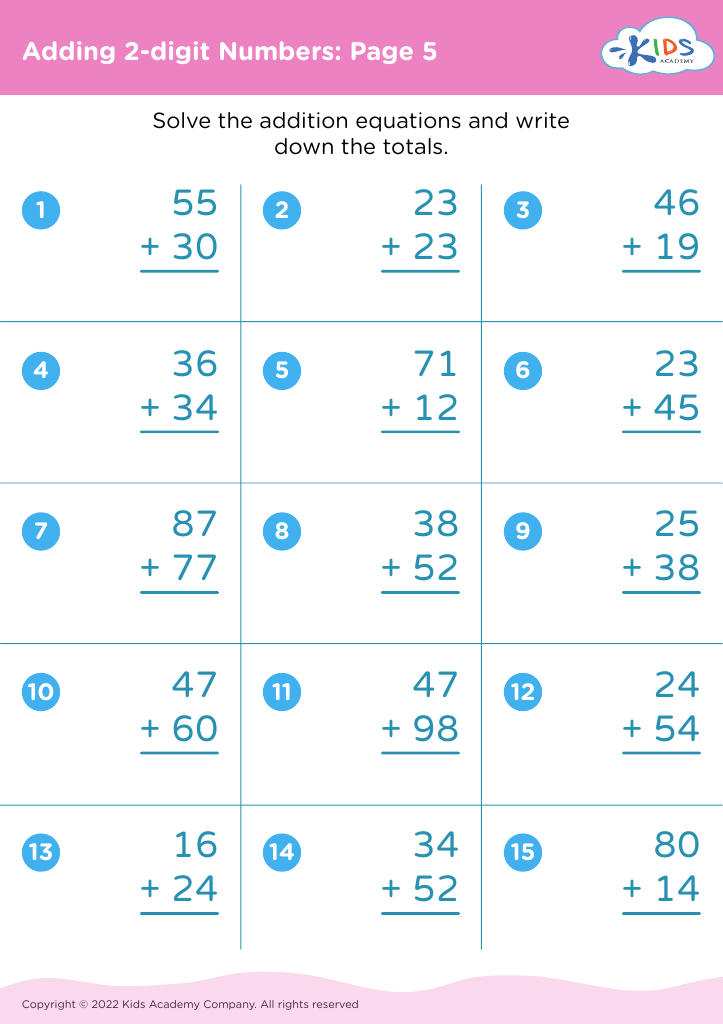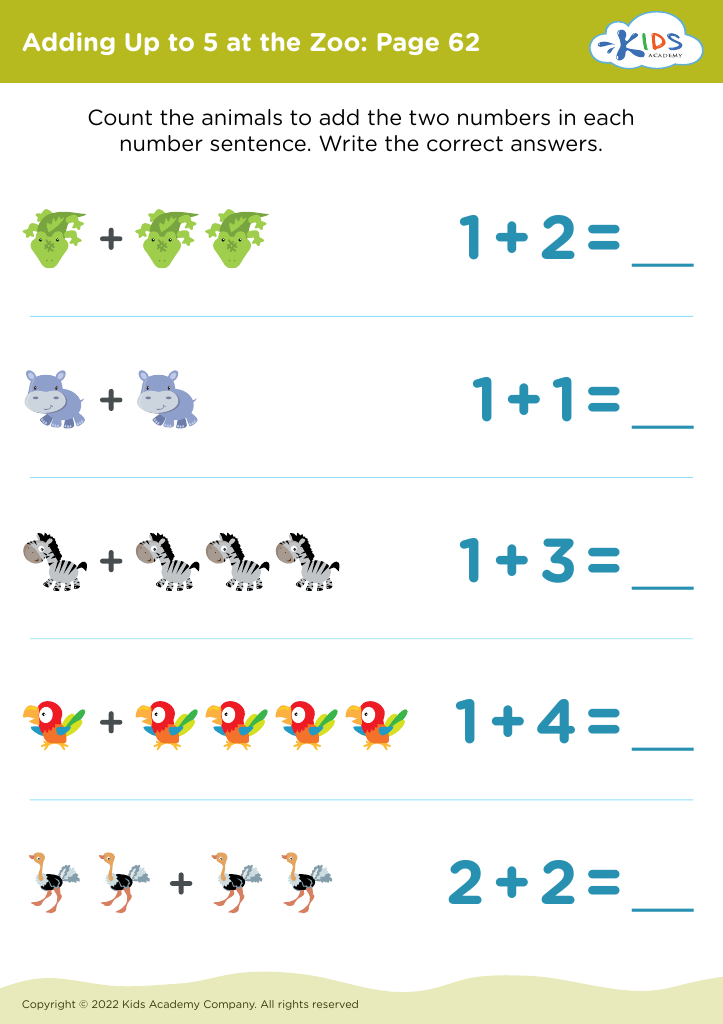Cognitive skill development Worksheets for Kids
6 filtered results
-
From - To
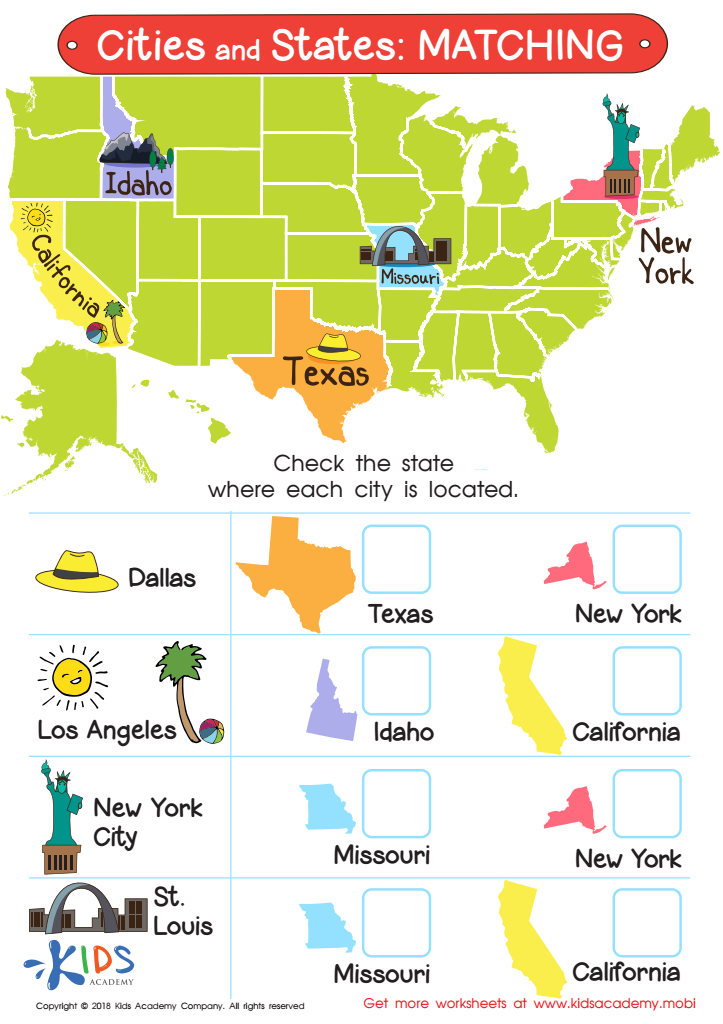

Cities and States: Matching Worksheet
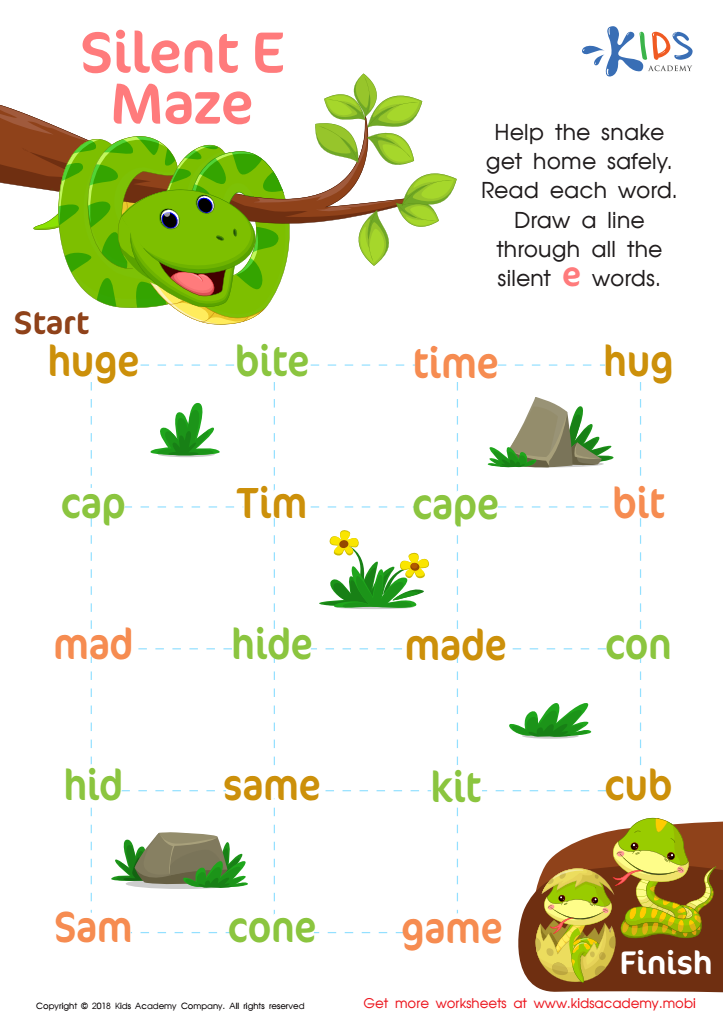

Silent E Maze Worksheet
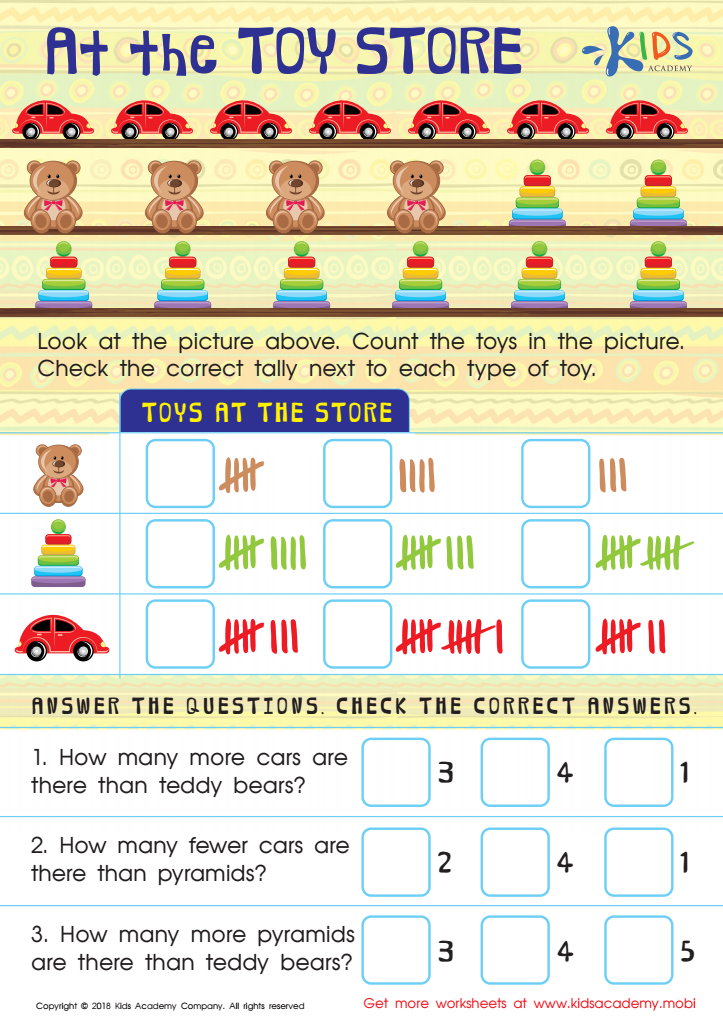

Tally Chart: At the Toy Store Worksheet
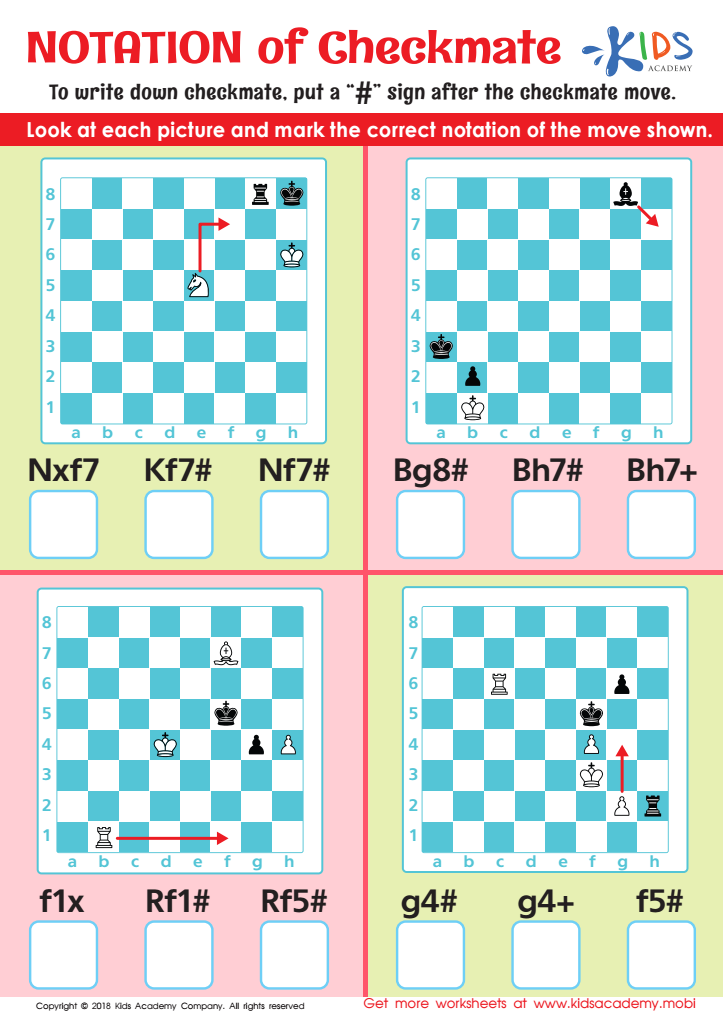

Notation of Checkmate Worksheet
Question/Answer
Why is the Cognitive skill development skill important for Grade 1 students?
Cognitive skill development is crucial for Grade 1 students as it lays the foundation for critical thinking, problem-solving, and learning abilities. At this age, children are developing core skills such as attention, memory, and reasoning, which are essential for academic success and understanding complex concepts. Fostering these skills early supports lifelong learning and adaptability in a rapidly changing world.
How to train the Cognitive skill development skill in Grade 1 students learning about Chess?
To train cognitive skill development in Grade 1 students learning about Chess, start with teaching the basic rules and moves of each piece. Use simple, engaging activities like mini-games focusing on individual pieces. Encourage problem-solving by setting up specific board scenarios for them to solve. Interactive play, where they predict consequences of moves, also sharpens decision-making and strategic thinking.
How does the mastery of the Cognitive skill development skill affect a student's performance at an early age?
The mastery of cognitive skill development at an early age significantly enhances a student's performance by improving memory, attention, problem-solving abilities, and language skills. This foundation enables children to process information more effectively, adapt to new learning environments quickly, and excel academically, thereby setting a strong base for future educational success and lifelong learning.

 Assign to the classroom
Assign to the classroom
